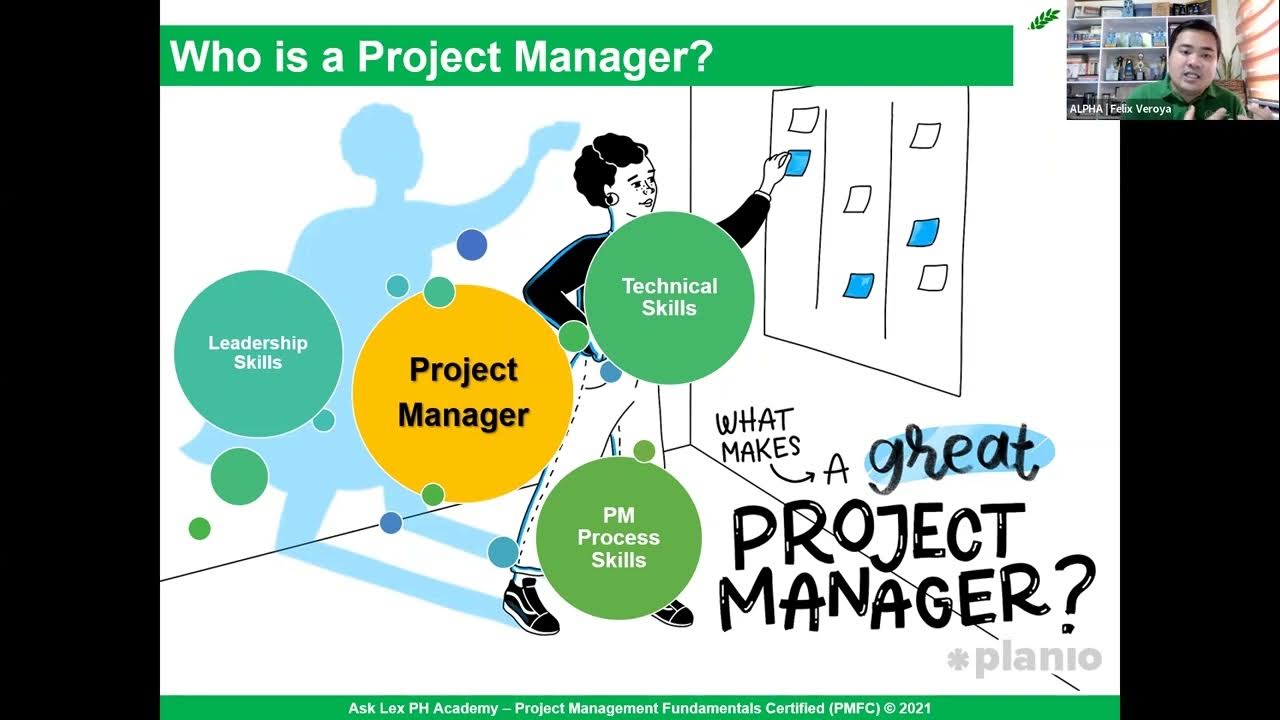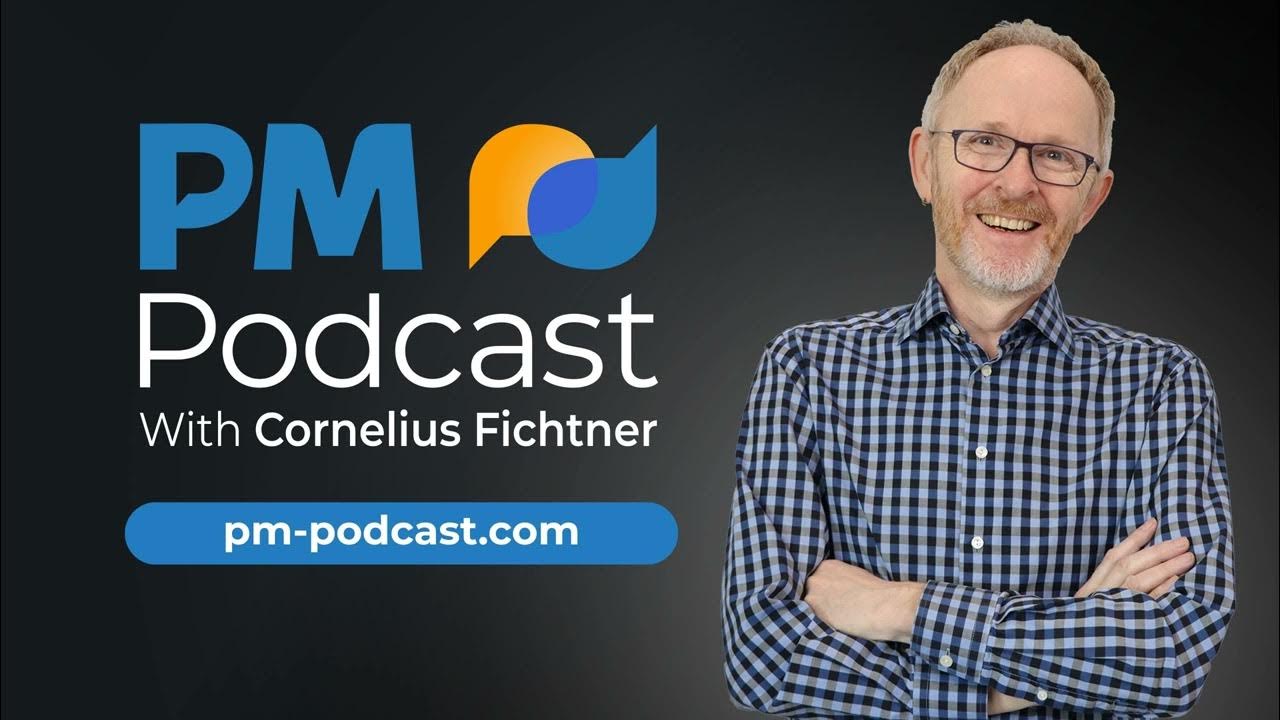Professional Project Management Skills | Google Project Management Certificate
Summary
TLDRThis video script delves into the role of project managers, emphasizing their value addition through prioritization, delegation, and effective communication. It illustrates the project manager's non-hierarchical guidance, focusing on task management rather than direct supervision. Key skills highlighted include decision-making facilitation, communication, flexibility, and strong organizational abilities. The script also underscores the importance of interpersonal skills for relationship building and influencing without formal authority, crucial for navigating project complexities and ensuring success.
Takeaways
- 📅 Project managers shepherd projects from start to finish using their organizational and interpersonal skills.
- 📊 They add value to their teams and organizations through prioritization, delegation, and effective communication.
- 📌 Effective prioritization involves breaking down large tasks into smaller steps and determining critical tasks for project success.
- 👥 Delegation is matching tasks to individuals who can best complete the work, utilizing team members' strengths.
- 🔗 Effective communication involves being transparent, keeping in regular contact with team members and stakeholders, and providing support.
- 🛠️ Project managers follow a process that involves planning, organizing, managing tasks, budgeting, and controlling costs.
- 💡 Core skills for project managers include enabling decision making, communicating and escalating, flexibility, and strong organizational skills.
- 🤝 Interpersonal skills like communication, negotiation, conflict mediation, and understanding motivations are key to influencing without authority.
- 🔍 Project managers are not always the direct managers of their team members but are responsible for guiding and supporting them.
- 📈 Project managers use productivity tools and create processes to track project completion and ensure that tasks are accomplished within set timelines.
Q & A
What is the primary role of a project manager?
-A project manager shepherds projects from start to finish and serves as a guide for their team using their impeccable organizational and interpersonal skills every step of the way.
How do project managers add value to their teams and organizations?
-Project managers add value through prioritization, delegation, and effective communication.
What is prioritization, and how does it add value?
-Prioritization involves effectively identifying and breaking down large tasks into smaller steps. It ensures that critical tasks are completed first, setting up the team for a better project outcome.
Can you give an example of prioritization in a project?
-In a house-painting project, prioritizing tasks like laying out drop cloths and applying blue tape before painting ensures that the project progresses smoothly and efficiently.
What is delegation, and why is it important in project management?
-Delegation involves matching tasks to individuals who can best complete the work. It ensures that tasks are handled by those with the right skills, improving efficiency and effectiveness.
How does effective communication contribute to a project's success?
-Effective communication involves being transparent with plans and ideas, making information readily available, and keeping in regular contact with team members and stakeholders to ensure the project stays on track.
What responsibilities fall under planning and organizing for a project manager?
-Responsibilities include using productivity tools, creating processes, developing plans, timelines, schedules, and maintaining documentation throughout the project.
How do project managers handle budgeting and controlling costs?
-Project managers monitor and manage the budget, track issues and risks, mitigate those issues, and remove barriers that can hinder project progress.
What are some key skills a project manager should possess?
-Key skills include decision making, communicating and escalating, flexibility, and strong organizational skills.
What is influencing without authority, and why is it important?
-Influencing without authority refers to a project manager's ability to guide teammates to complete their work without being their direct manager. It is important because it helps in motivating and leading the team effectively.
Outlines

This section is available to paid users only. Please upgrade to access this part.
Upgrade NowMindmap

This section is available to paid users only. Please upgrade to access this part.
Upgrade NowKeywords

This section is available to paid users only. Please upgrade to access this part.
Upgrade NowHighlights

This section is available to paid users only. Please upgrade to access this part.
Upgrade NowTranscripts

This section is available to paid users only. Please upgrade to access this part.
Upgrade Now5.0 / 5 (0 votes)





